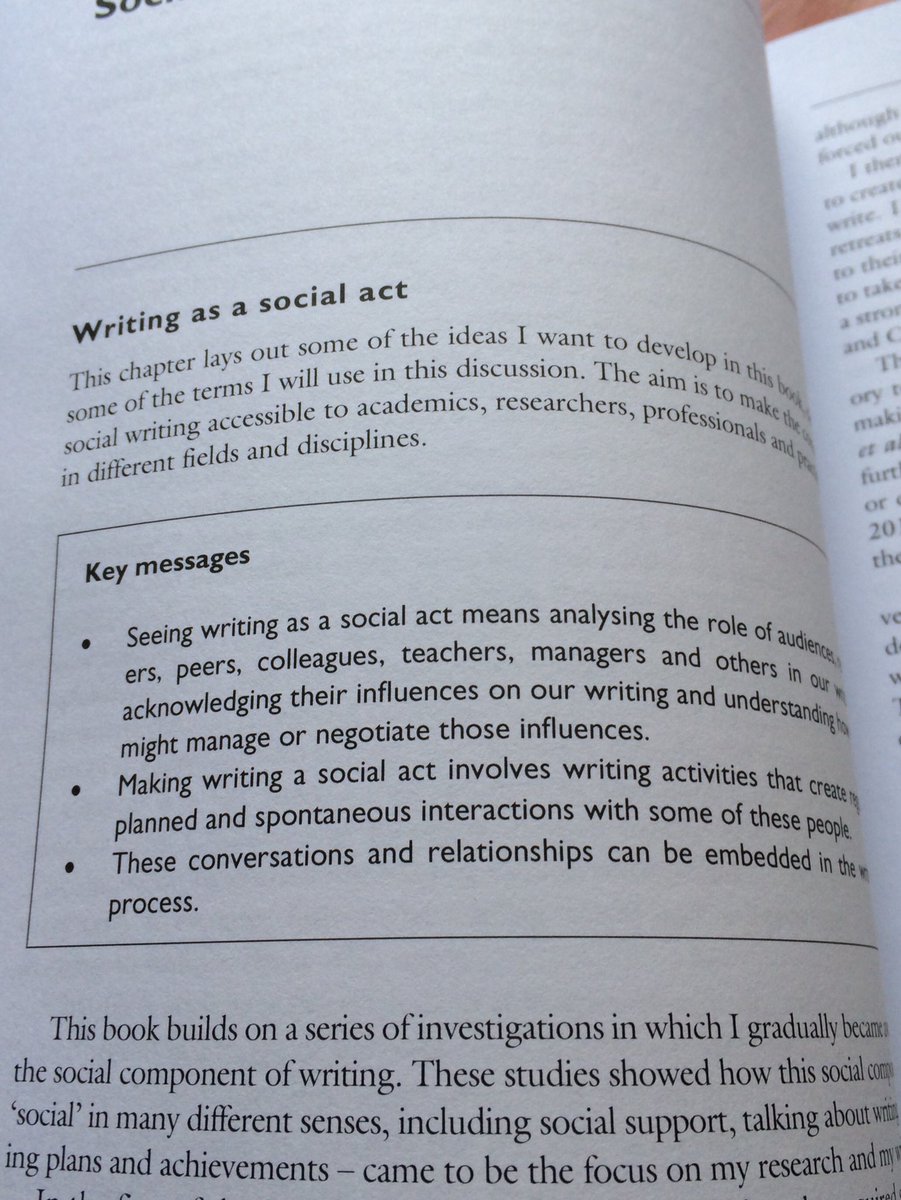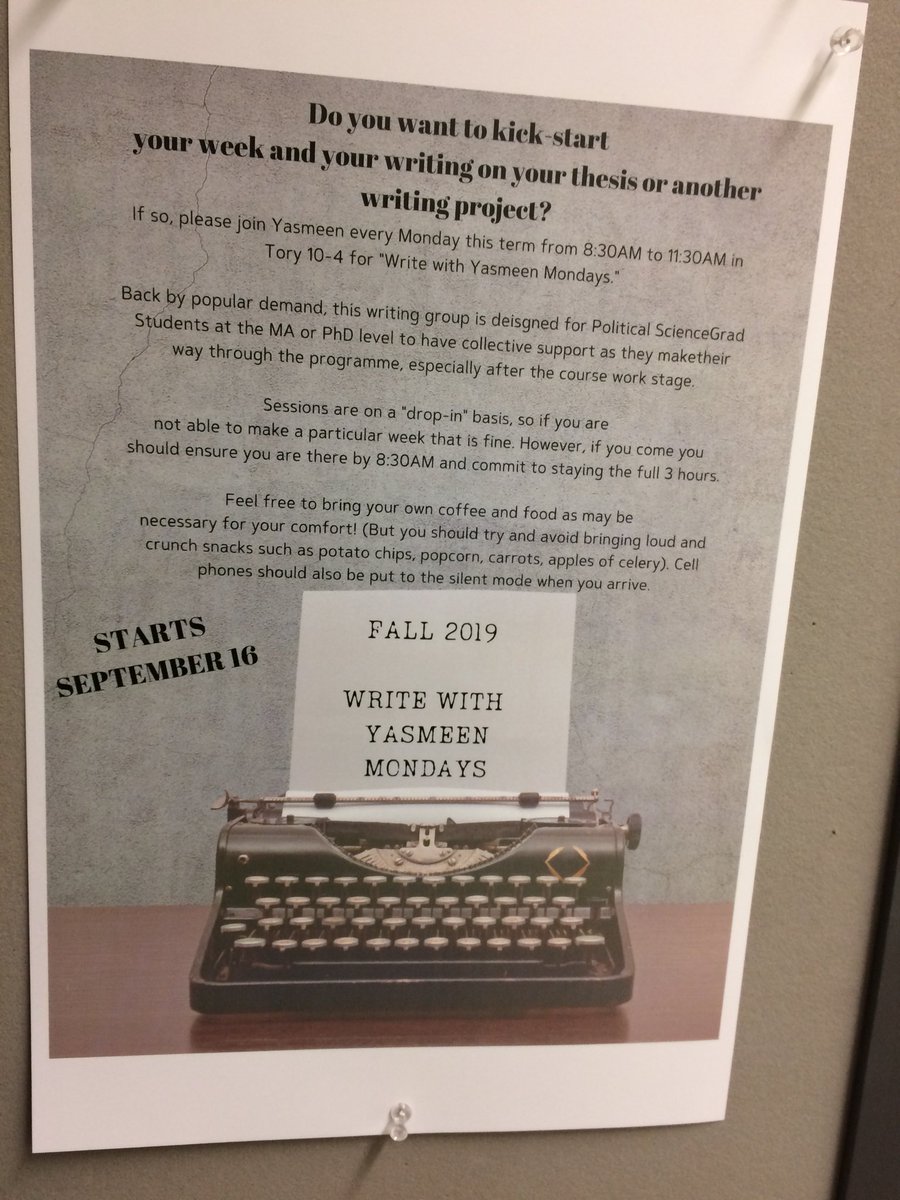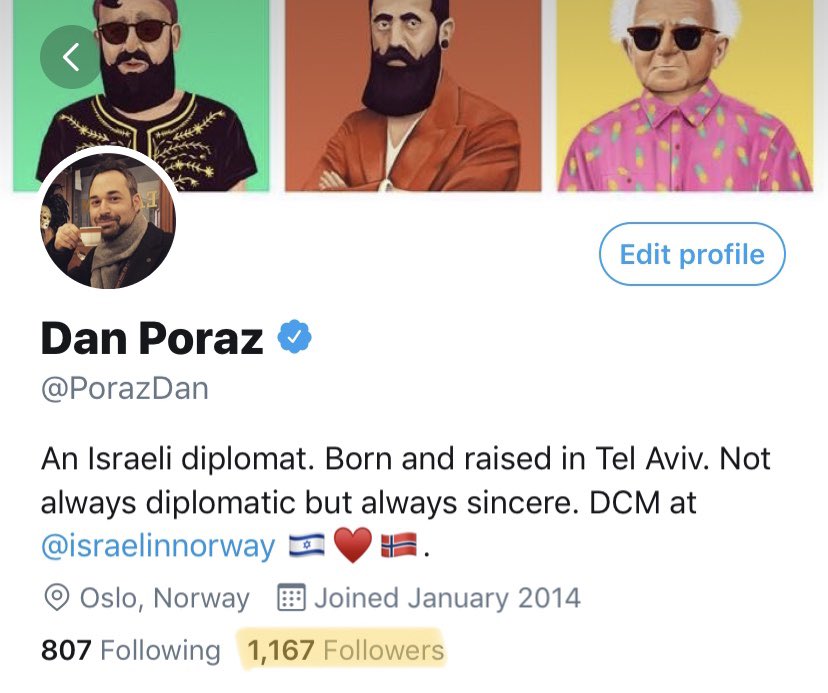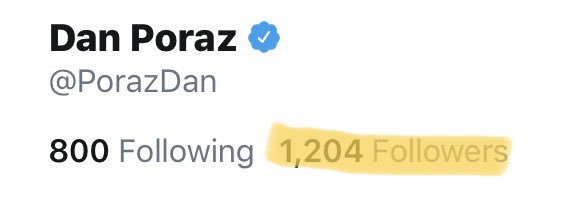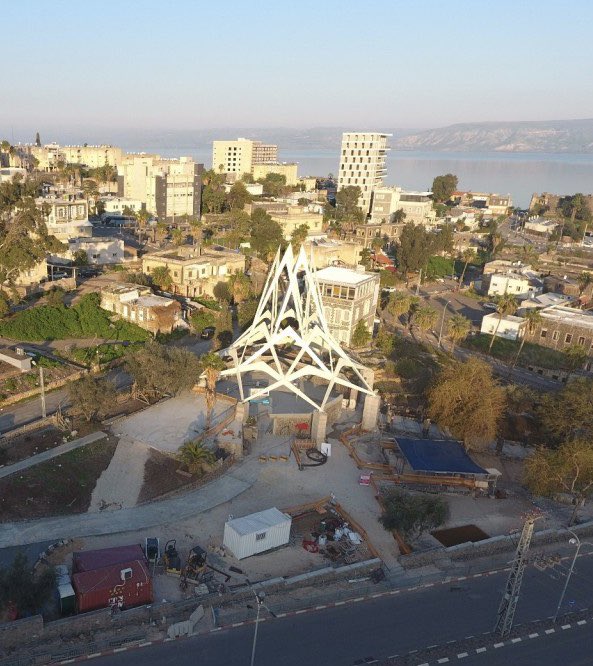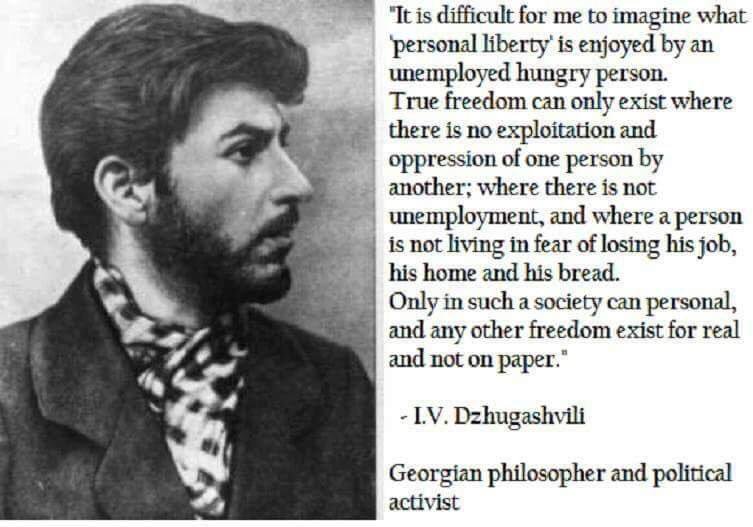She notes various types of writing groups. I have led #ShutUpAndWriteTuesdays at CIDE and les writing RETREATS too. Dr. Joy Langston did too.
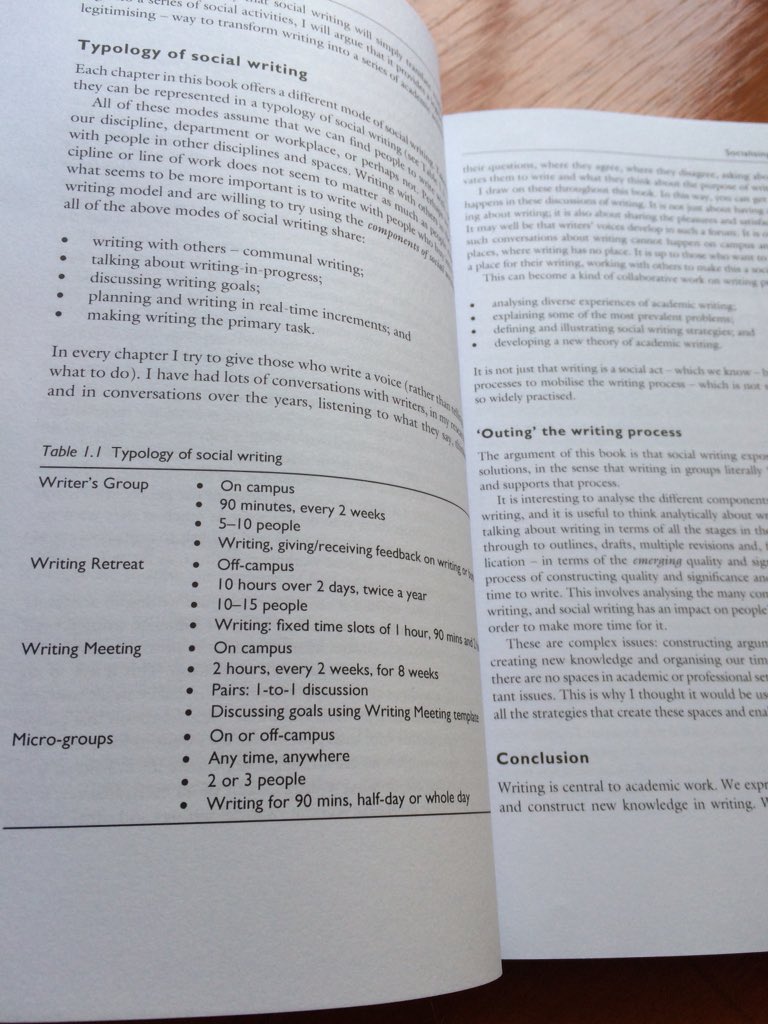
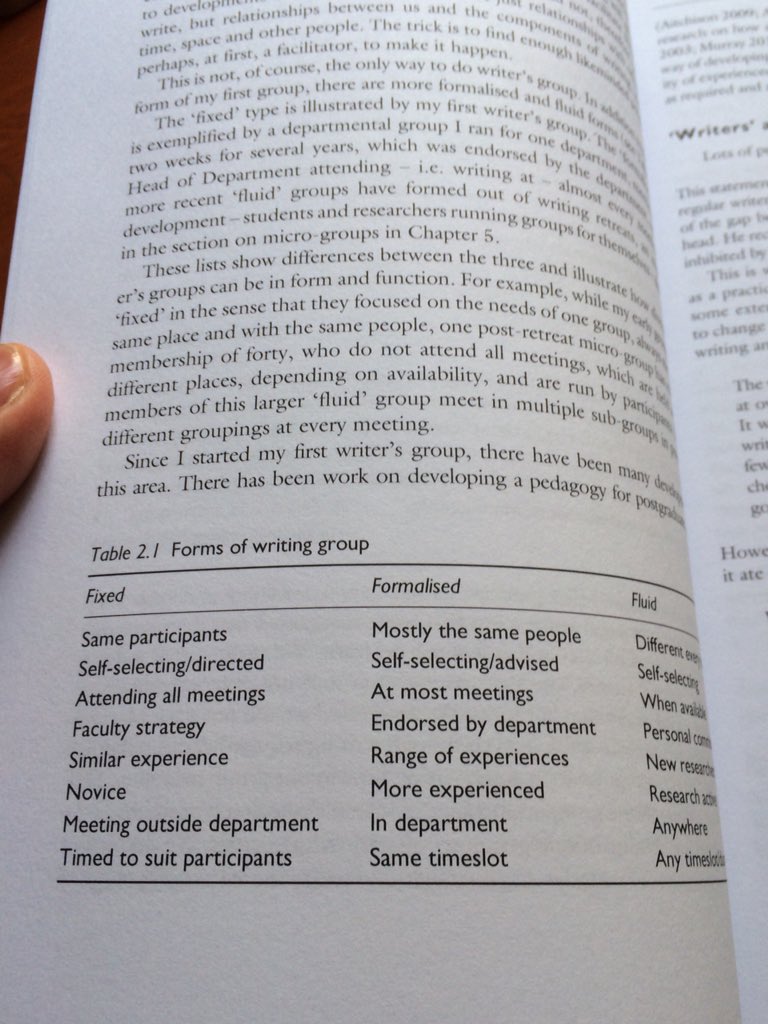
Anyway, back to Murray’s book. It’s excellent.
One reason why we may not find writing meetings useful is because sometimes they are itinerant, and that's why we resort to writing retreats.
I feel like a challenge we face is...
But that's also why I find Murray's conceptual model of social writing so helpful.
Writing IS social.
And here's the BUT.
We need SPACE and TIME to think and write. To disengage, we need to have the right conditions. If our institution does not allow us to disengage from the campus office, THEN they need to provide the on campus physical space to ENGAGE with writing.
And yes, I now feel healthy enough to write. Health is a KEY and overlooked component of writing.
1) people who lead academic writing workshops or offer support for academics
2) scholars who have taken it upon themselves to be leaders in social writing
</end thread>
My Twitter thread in handy blog post format.





